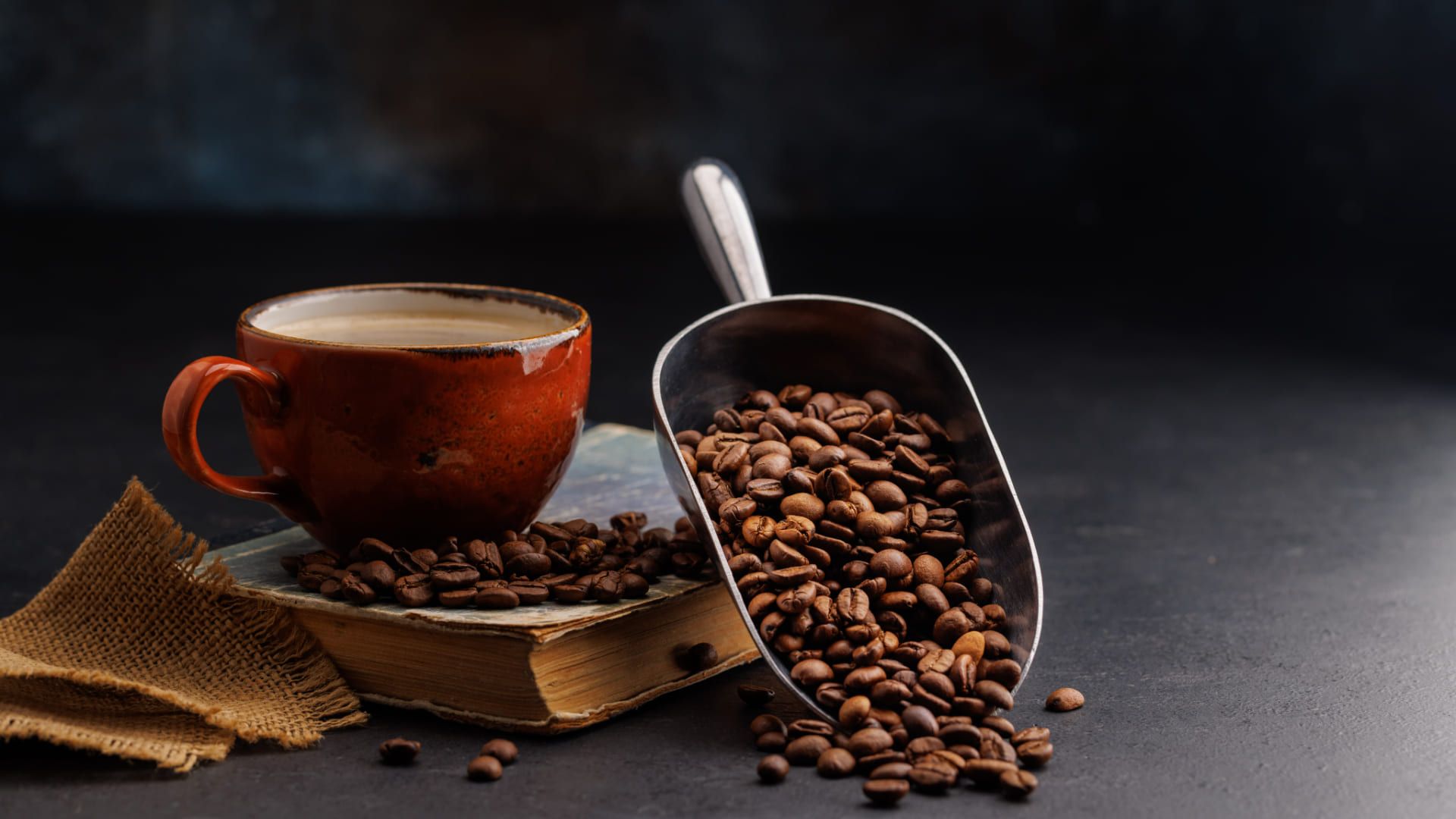Coffee and Pregnancy Understanding the Impact

Sarah Johnson, MD

Is it OK to Drink Coffee During Pregnancy?
Discuss caffeine use with your doctor if you are expecting. One or two cups of coffee are usually fine, but it's recommended to avoid having more than that.
The precise amount of caffeine in a cup of coffee is difficult to determine. The amount may vary depending on factors such as the type of coffee, the method of preparation, and the size of the cup.
Research indicates that consuming above 200 milligrams of caffeine daily while expecting may not be beneficial to health. This roughly corresponds to the volume of one 12-ounce cup or two 6-ounce cups of coffee.
If you're reviewing your overall diet too, it may help to know which foods can increase risks during pregnancy. Here’s a clear breakdown of foods you should avoid when pregnant and why.
better with Soula

Support for every woman:
✅ A Personalized Plan to reduce anxiety and overthinking
✅ 24/7 Emotional Support whenever you need it Cycle-Aligned Mental Health Tracking — monitor your mood and symptoms in sync with your period
✅ Real-Time Insights into your energy levels and emotional state
✅ Bite-Sized Exercises to help you return to a calm, balanced state — anytime, anywhere
How Can I Cut Back on Caffeine?
Having a hard time cutting out coffee all at once? Here's an easy way to start:
- Limit your coffee drinking to 1 or 2 cups a day and pay attention to the cup size.
- Start mixing decaffeinated coffee with regular coffee.
- In time, cut out the regular coffee altogether.
Also keep in mind that caffeine isn't just found in coffee. Caffeine can be found in cola, energy drinks, black and green tea, and other soft drinks. Consider making the switch to caffeine-free or decaffeinated goods, which may still contain some caffeine but in much lesser amounts.
The good news about chocolate, which contains caffeine as well, is that you can consume it in moderation. There are only 5–30 mg of caffeine in an average chocolate bar.
Thus, moderation in chocolate consumption is OK. If you miss the comfort of warm drinks, many alternatives are still safe to enjoy. You can explore safe drinking options during pregnancy that keep your routine enjoyable without excess caffeine.
Possible consequences
Lifestyle changes can feel mentally heavy, especially when everyone has different advice. Understanding the mental load of pregnancy can help reduce stress and guilt along the way. High caffeine consumption during pregnancy has been associated with a higher risk of miscarriage, low birth weight, and potentially other pregnancy complications. And caffeine is not the only concern — alcohol and smoking require attention too. Learn more about the importance of avoiding alcohol and smoking while pregnant to protect your baby's health.
If you ever feel overwhelmed or just want a little extra support during TTC or pregnancy, Mental Health AI is available 24/7 to help you with guidance and care.














